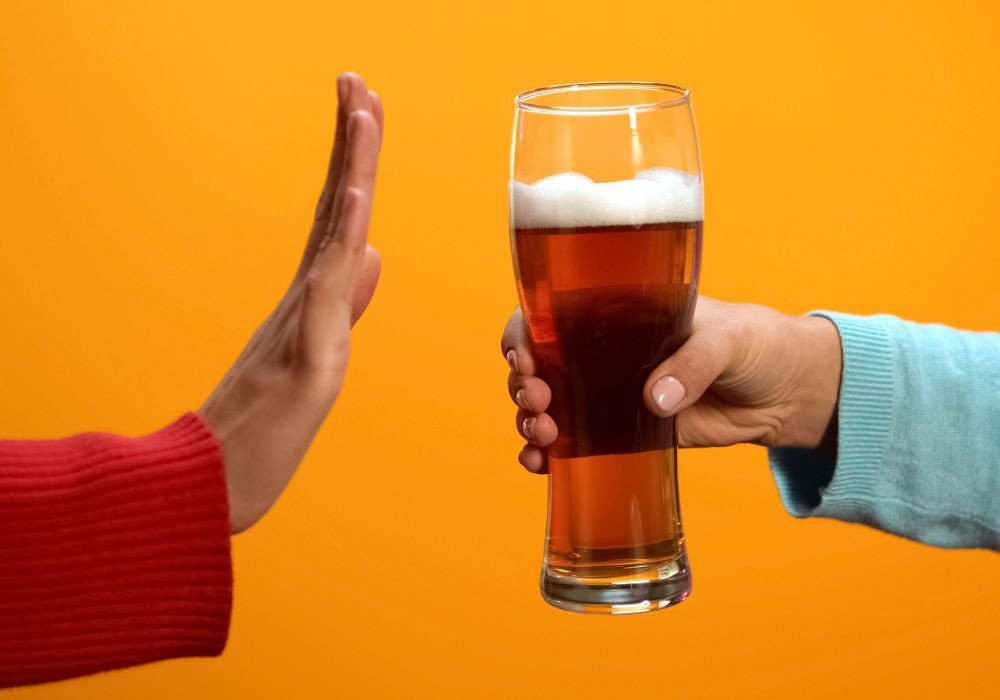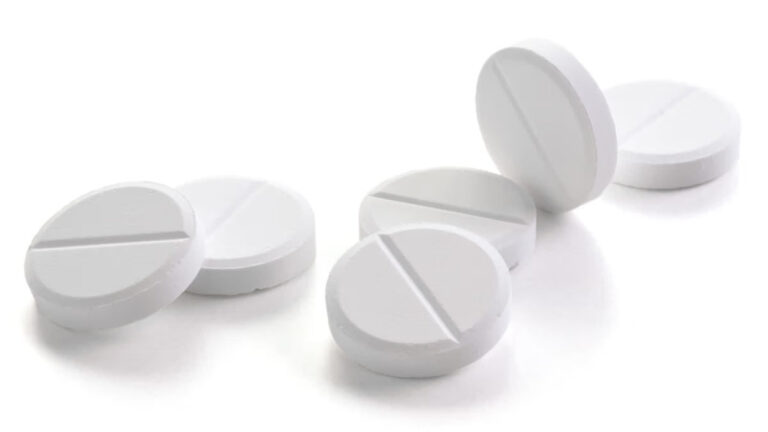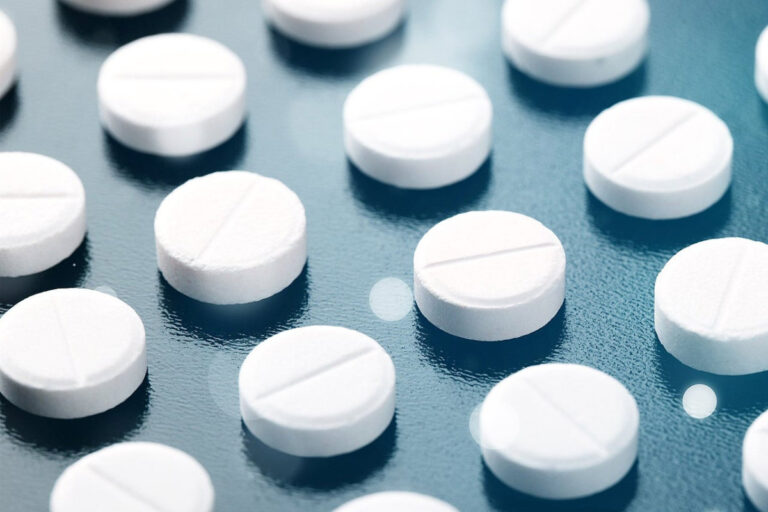Modafinil Safety: What You Can’t Take or Mix With It
Modafinil is widely used to treat sleep-related disorders like narcolepsy, sleep apnea, and shift work sleep disorder. Its effectiveness has made it a popular choice, but understanding safe usage—particularly potential drug interactions—is essential. Knowing which substances and medications to avoid helps ensure Modafinil is used safely and effectively.
Understanding Modafinil
What is Modafinil?
Modafinil, often known by its brand name, Provigil®, is a wakefulness-promoting agent. It’s primarily prescribed for individuals suffering from excessive sleepiness due to conditions like narcolepsy, obstructive sleep apnea, or shift work sleep disorder. Modafinil works by altering neurotransmitters in the brain, promoting wakefulness and alertness.
Conditions Treated by Modafinil
Modafinil is effective in managing excessive tiredness in various sleep disorders:
- Narcolepsy: A chronic sleep disorder characterized by overwhelming daytime drowsiness and sudden attacks of sleep.
- Sleep Apnea: A potentially serious sleep disorder in which breathing repeatedly stops and starts.
- Shift Work Sleep Disorder: Sleep disturbance resulting from working nontraditional hours.
How Modafinil Works in the Brain
Modafinil operates by increasing dopamine levels in the brain, blocking dopamine transporters responsible for the reuptake of this neurotransmitter. This action leads to heightened alertness and cognitive enhancement.
Substances to Avoid While Taking Modafinil
Alcohol
Mixing Modafinil with alcohol can be risky. Alcohol may exacerbate Modafinil’s side effects, such as dizziness and impaired judgment. It’s advisable to avoid or limit alcohol consumption while taking Modafinil.
Caffeine
Caffeine, found in coffee, tea, and certain soft drinks, can intensify the effects of Modafinil, leading to increased heart rate and nervousness. Users should monitor and possibly reduce caffeine intake to manage these effects better.
Drug Interactions with Modafinil
Prescription Medications
Certain prescription medications can have major interactions with Modafinil. Notably, stimulants like amphetamines and dextroamphetamine should be avoided. Modafinil can also interact with medications for depression, anxiety, and psychotic disturbances.
Over-the-counter medications and Supplements
Common over-the-counter drugs and dietary supplements may also interact with Modafinil. Users should be cautious and consult healthcare providers before combining these with Modafinil.
Modafinil and Contraceptives
Modafinil can reduce the effectiveness of hormonal contraceptives, including pills, patches, rings, and implants. This interaction could increase the risk of unintended pregnancy. Women using Modafinil are advised to discuss alternative or additional non-hormonal contraceptive methods with their healthcare provider.
Health Conditions and Modafinil
Certain pre-existing health conditions can be affected by the use of Modafinil. For instance, individuals with a history of heart disease, liver disease, or mental health disorders such as depression and psychosis should use Modafinil with caution. Regular monitoring and consultation with a healthcare provider are essential in these cases.
Tips for the Safe Use of Modafinil
Adhering to Prescribed Doses
It’s crucial to follow the prescribed Modafinil dosage and not to alter the dose without medical advice. Overuse or misuse can lead to adverse effects or dependence.
Regular Medical Check-Ups and Monitoring
Regular check-ups with a healthcare provider are vital for monitoring the effects of Modafinil, especially if other medications are being used or if the user has underlying health conditions.
Importance of Disclosing All Current Medications to Healthcare Providers
To avoid potentially harmful drug interactions, users must inform their healthcare providers about all medications, supplements, and over-the-counter drugs they are currently taking.
Conclusion
Understanding what substances and medications to avoid while taking Modafinil is crucial for its safe and effective use. This guide serves as a basic framework, but individual circumstances may vary. Always consult healthcare professionals for personalized advice and to ensure the safe use of Modafinil.
By being informed and cautious, users can maximize the benefits of Modafinil while minimizing the risks associated with its interactions.








